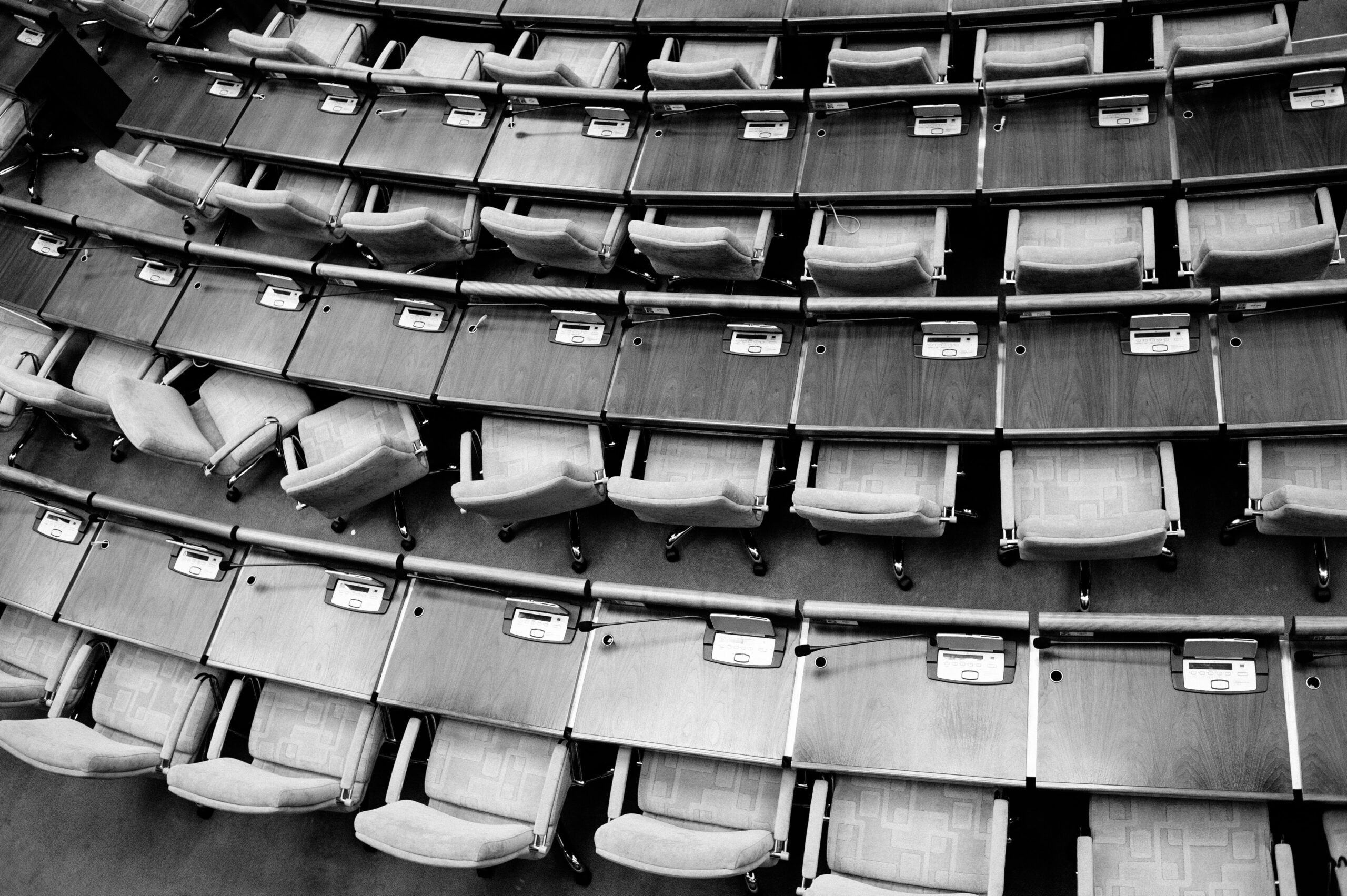In today’s society, there is often a perception that politicians are exempt from the consequences of their actions, leading some to believe that they are the only individuals who do not face time for their crimes. However, it is essential to examine this notion critically and explore whether politicians are truly less likely to be held accountable for their actions compared to other criminals.
Firstly, it is crucial to recognize that politicians are not immune to the law. While it is true that some politicians may have more resources and connections at their disposal, it does not mean they are exempt from criminal charges. In fact, numerous politicians have faced legal consequences for their actions, ranging from corruption charges to abuse of power.
One prominent example is the case of former Illinois Governor Rod Blagojevich. In 2009, he was impeached and later convicted on charges of corruption, including attempting to sell Barack Obama’s vacant Senate seat. Blagojevich was sentenced to 14 years in federal prison, debunking the notion that politicians are above the law.
Another example is the case of former South Korean President Park Geun-hye. In 2018, she was found guilty of corruption, abuse of power, and coercion, resulting in a 24-year prison sentence. This case demonstrates that even the highest-ranking politicians can face severe legal consequences when their actions cross ethical and legal boundaries.
It is also important to consider the role of the justice system in holding politicians accountable. While there may be instances where politicians appear to receive preferential treatment, it is essential to distinguish between isolated incidents and systemic issues. The justice system is designed to ensure fairness and equality, regardless of an individual’s social or political standing.
Moreover, the media plays a significant role in scrutinizing the actions of politicians. Journalists and investigative reporters are dedicated to uncovering any wrongdoing by public officials and holding them accountable. Their role in exposing corruption and unethical behavior should not be overlooked.
However, it is worth acknowledging that the perception of politicians evading punishment may stem from the complexity of their crimes. Political corruption, for instance, often involves intricate networks of bribery, money laundering, and influence peddling, making it challenging to prosecute. These cases require thorough investigations and substantial evidence to secure a conviction.
Additionally, politicians often have access to legal teams and resources that can help them navigate the legal system more effectively. This can create the impression that they are receiving preferential treatment. However, it is crucial to remember that legal representation is a fundamental right for all individuals, regardless of their occupation.
Overall, the notion that politicians are the only individuals who do not face time for their crimes is an oversimplification. While there may be instances where politicians appear to evade punishment, it is important to recognize that numerous politicians have faced legal consequences for their actions. The justice system, along with the media’s scrutiny, plays a crucial role in holding politicians accountable. It is essential to approach this topic with a critical mindset, avoiding sweeping generalizations and acknowledging the complexity of the legal process.
